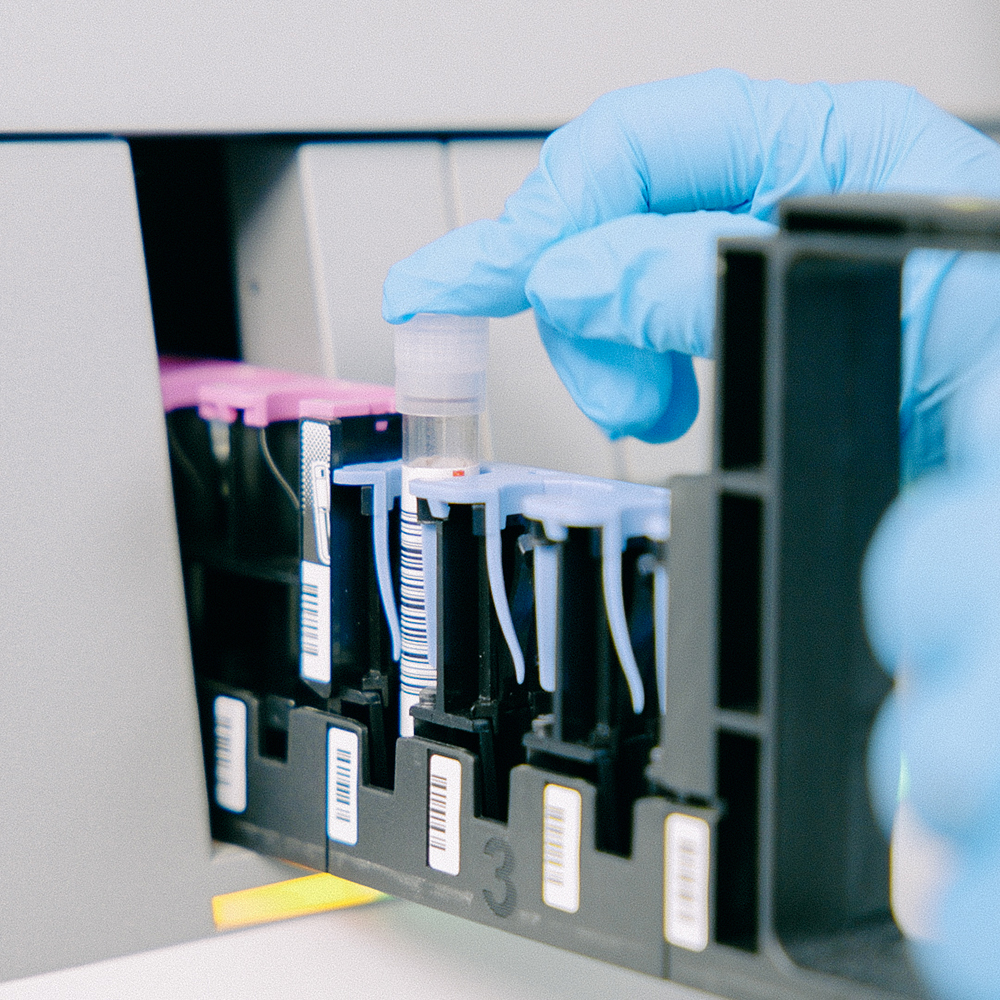Intolerance test
£191.00
-
Results within 24 hours
-
Blood draw included
Out of stock
How does the intolerance test work?
Our intolerance blood test measures the IgE (Immunoglobin E) antibodies which the body produces in response to harmful substances, your body produces IgE in response to an allergen even if it is largely harmless.
There are two types of intolerance blood tests:
- Total IgE – Measures the total amount of IgE antibodies in your blood.
- Specific IgE – Measures how much IgE is produced in response to a certain allergen.
Why do I need this test?
This test is useful for identifying any potential intolerances or allergies you may have for a wide range of foods and substances, it can be used to determine where symptoms of an allergic reaction are coming from, or just to discover if you are hypersensitive to a certain substance.
Are there any risks to the test?
There is very little risk to taking a blood test, a blood sample will be drawn either from a finger prick or from a vein in the arm, which can cause a little discomfort and potentially a bruise, in rare cases an allergic reaction to the needle can happen.
Are there any limitations to the test?
It is possible to encounter false-positives when taking any intolerance test, as it is limited in providing a result for the severity of an allergy/intolerance.





